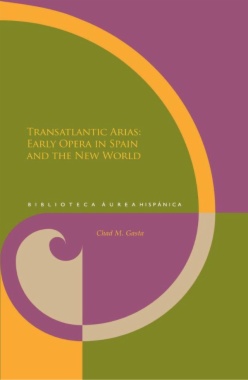Through current theories of ideology, propaganda and musical reception, examines the development and impact of early opera in Spain and the Americas through close examination of the New World's first three extant operas: Tomás de Torrejón's Lima production of 'La púrpura de la rosa' (1701), Domenico Zipoli's Jesuit opera, 'San Ignacio de Loyola' (ca. 1720), and a recently-discovered indigenous opera from the Jesuit missions, the anonymous 'San Francisco Xavier' (ca. 1720-1740).
- Cover
- Title page
- Copyright page
- Table of contents
- Acknowledgements
- Introduction: Manipulating the Masses? Ideology and Early Opera
- Chapter one: A European Invention:The Genesis of Opera in Europe
- The Origins and Development of Opera in Early Modern Europe
- An Italian Revolution:The Expansion of Opera in Europe
- Chapter two: Opera in Spain and the New World: Transatlantic Opera and Its Origins
- Opera and Musical Culture in the New World
- Chapter three: Opera in the City of Kings:Tomás de Torrejón’s La púrpura de la rosa
- Funding the Arts in Lima:The Political and Social Responsibility of Aesthetics
- Opera and the Ideological Agenda
- Ideology and Persuasion in Torrejón’s Loa to La púrpura de la rosa
- Chapter four: Sacred Arias:Intercultural Engagement and Musical Culture in the Jesuit Missions of South America
- Mission Musical Culture
- Domenico Zipoli’s San Ignacio de Loyola and Jesuit Strategies of Evangelization
- San Francisco Xavier:The Emergence of Indigenous Opera
- Conclusion: Past Forward:The Legacy of Early New World Opera
- Works cited
- Index

